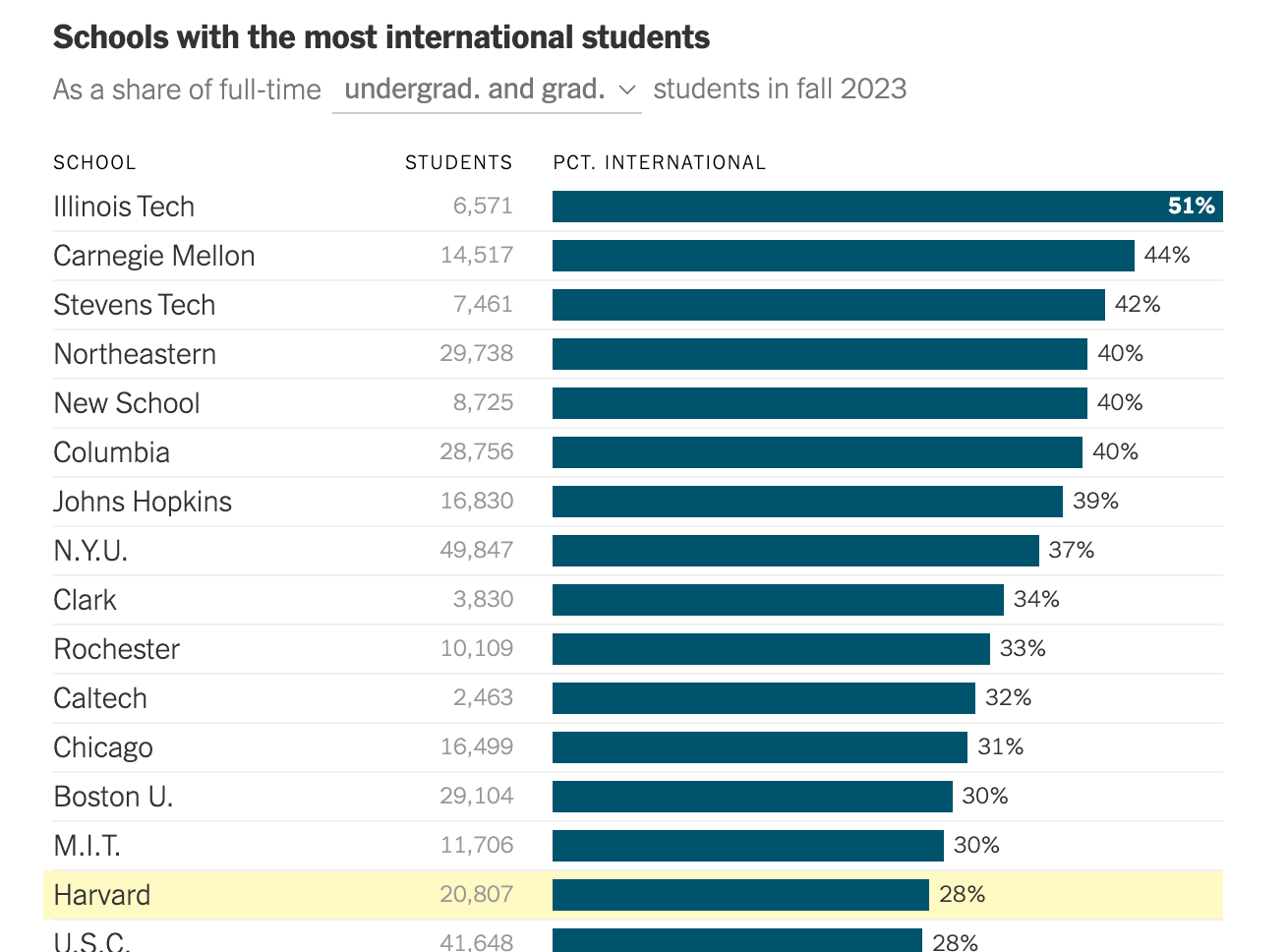Current Topics
How to Figure Out Your "Real" GPA

Knowing how colleges recalculate GPAs helps students better understand their transcript
The high school
GPA (grade point average) is a critical component in college admissions. But not every transcript is assessed in the same manner. Colleges frequently adjust GPAs to maintain uniformity and equity between applicants.
Have you ever wondered what occurs after you click "submit" on your college application? Let me now lift the curtain and provide some behind-the-scenes information, namely about your high school transcript.
TRANSCRIPT REVIEW
Once your application lands in the hands of the admissions team, colleges dive deep into your transcript, looking at every course you've taken, the grades you've earned, and almost always the rigor of your courses and course load. They're not just checking for straight A's (although those are always nice); they're looking for trends, improvements, and how you've challenged yourself academically.
But here's the kicker: not all high schools calculate GPAs the same way. Some use weighted scales, others don't. Some factor in course levels such as honors, AP or dual enrollment classes, while others stick to a more straightforward approach. So what's an Admissions Office to do?
RECALCULATING THE GPA
Colleges frequently use their own method to normalize the various grading systems used by high schools, based on the raw transcript data you provide. This guarantees fairness in the admissions process and enables them compare students and their high schools on an apples-to-apples basis.
Essential academic subjects such as english, math, foreign language, natural science, social science, and sometimes computer science will be factored into the GPA. Since elective courses are not regarded as core academic courses, they are usually excluded from the GPA computation. Examples of such non-core courses include music, theatre and art.
There are policy exceptions when it comes to grades in arts courses, especially if the student is applying to conservatories of music, art, or performance.
Colleges use GPA recalibration scales to standardize the diverse grading systems across high schools. One standard is the unweighted 4.0 scale, where an "A" equals 4 points, a "B" equals 3 points, a "C" equals 2 points, and so forth. Plus or minus grades equate to an addition or subtraction of 0.3 quality points.
In recognition of the additional challenge of rigorous courses, colleges typically assign additional "weight" based on their perceived level of difficulty. Hence, Advanced Placement (AP), International Baccalaureate (IB), honors, or dual enrollment courses are often given more quality points in the recalculated GPA. These bonus points can range from 0.5 to 1.0, reflecting the increased difficulty of these classes. According to this model, an A (4 points) in an AP course translates to 5 quality points (A = 4.0 plus an additional 1.0.for AP level). A B+ (3.3 points) in an Honors course may translate to a 3.8 (B+ = 3.3 plus and an additional 0.5 for Honors level).
THE UPSHOT
This means that the GPA listed on your high school transcript may translate to a different number depending on how the college chooses to recalibrate to account for course rigor. Ultimately, colleges are likely going to look at an A in a college prep class differently from how they would look at the same grade in an honors or AP level course.
A HOLISTIC REVIEW
Yes, GPA matters -- but so do other aspects of your application. (see my earlier
blog post on
Holistic Admissions.)
You are far more than a number, so the next time you're stressing over that B- in Algebra or kicking yourself for not taking AP Physics, just remember that colleges are looking at the bigger picture of who you are. Beyond tallying up course grades and numbers, they're getting to know you as a student and as a individual. In the end, preparedness of the whole person is what college readiness is all about!
Marla Platt, M.B.A. is an independent college consultant based in Sudbury, MA through AchieveCoach College Consulting, providing expert and personalized guidance to students and families throughout the college planning, search and admissions process. Marla is a professional member of the Independent Educational Consultants Association and can be reached via www.achievecoach.com
Recent posts







